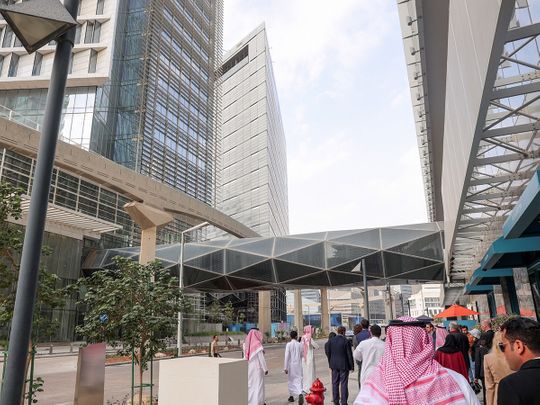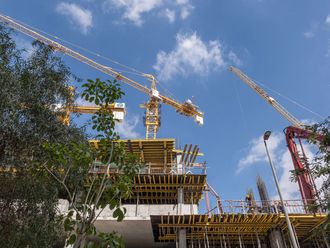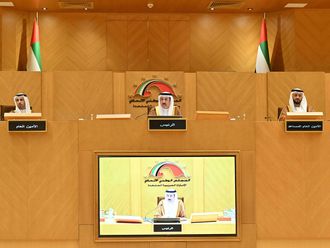
Dubai: Jobs are being created in Saudi Arabia at one of the fastest rates of the last 10 years, with August providing more evidence of improved conditions for businesses.
Saudi non-oil private sector is also seeing ‘increased efforts’ by companies to build their operating capacities. These trends are what’s fuelling the need for new staff, especially in the Saudi industrial, services and hospitality sectors.
“Apart from the peak observed in October 2023, employment grew at the sharpest pace since early 2015,” says the latest Saudi PMI data from Riyad Bank. “Staff wages rose solidly as firms made improvements to salaries.”
The pickup in jobs also reflects Saudi businesses’ confidence about further gains in their sales, ‘while also predicting a boost to output from investment, tourism and population growth’.
“Businesses are increasingly confident in their expansion plans,” said Naif Al-Ghaith, Chief Economist at Riyad Bank. “The uptick in new orders illustrates the sector's capacity to meet growing market needs. These positive indicators, coupled with a significant rise in future output expectations, highlight strong business optimism within the private sector.”
“The increase in new export orders, although slower than the overall growth, shows that Saudi companies are finding opportunities abroad, despite facing tough competition in international markets.
"This expansion in exports is crucial for the Saudi economy as it works to diversify away from oil dependency and strengthen other sectors."
Purchasing volumes
Purchasing activity and stock levels held by businesses were also 'elevated' amidst optimism of the immediate future and the slight pick-up in growth of new orders.
posed by the competitive market environment', states the Riyad Bank report. The PMI reading is based on new business orders, hiring activity during a month, capex plans, and other factors. Anything over 50 suggests growth.
A niggle amidst the strong fundamentals is that the growth momentum ‘remained slower’ than the recent trend, with the Riyad Bank report noting that non-oil private sector output was increasing at one of the weakest rates since the start of 2022.
“Businesses reduced their selling prices for a second month running in an attempt to reaccelerate demand,” said the report. “Margins were squeezed, albeit less so than in July, which was mainly due to a weaker rise in purchase costs.”
According to Al-Ghaith, "The competitive nature of the market is exerting pressure on firms to reduce prices in an effort to stimulate sales, indicating that while the sector is growing, businesses must remain agile and responsive to maintain their market position."











